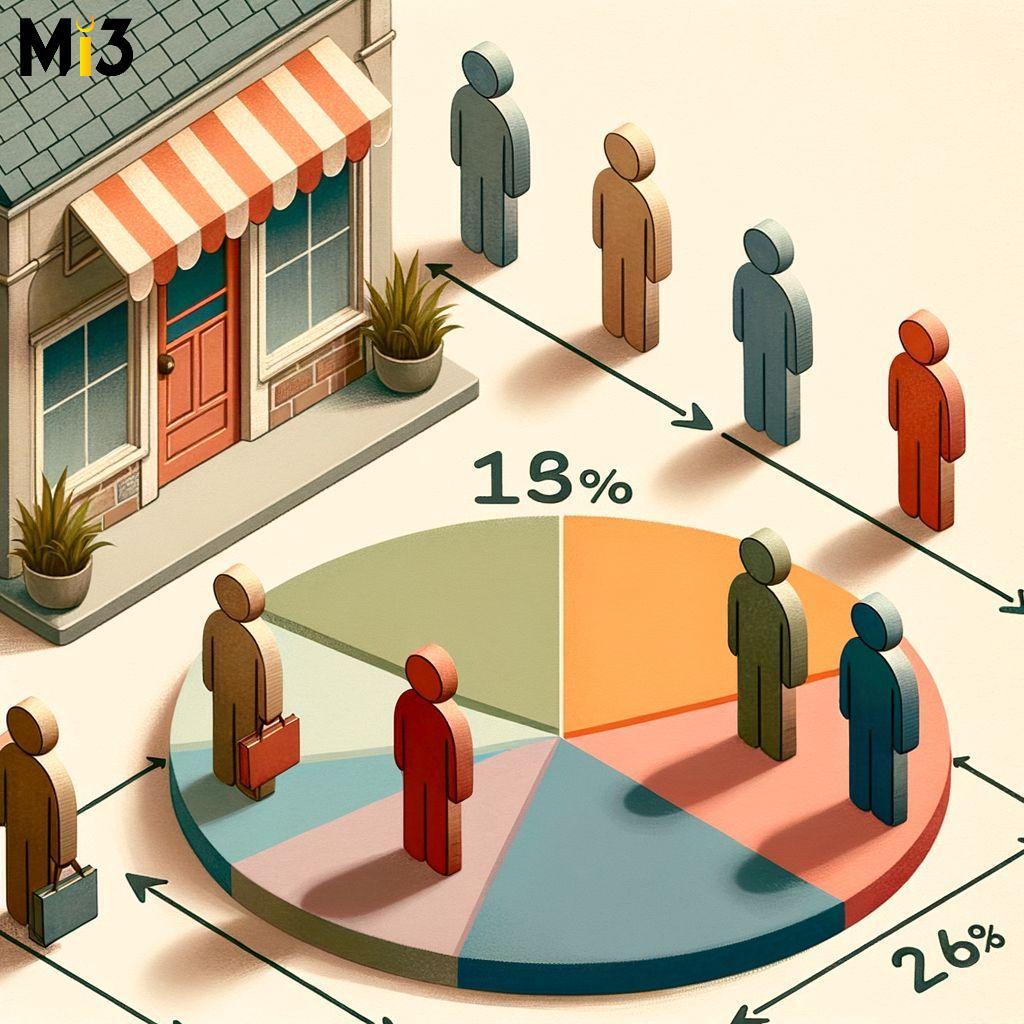Decoding the ‘Science of Loyalty’: Intuit Mailchimp’s new report reveals tactics to foster brand loyalty

Intuit Mailchimp has unveiled a new report titled ‘The Science of Loyalty’, which delves into the factors that influence consumer behaviour and decision-making towards brand loyalty. The report offers 12 actionable tactics that brands and marketers can employ to cultivate loyalty among their customers.
The study is based on findings from a survey of 4,000 consumers across the United States, Canada, the United Kingdom, and Australia, with 1,000 participants per market. The report also incorporates insights from qualitative interviews with eight global marketing experts.
“Loyalty is more important than ever,” said Michelle Taite, Chief Marketing Officer at Intuit Mailchimp. “Our study found that 78% of Australian consumers will only purchase from brands that are trustworthy, highlighting the significance of establishing a strong connection while guaranteeing credibility. However, surprisingly, only 50% of shoppers expect brands to reward them with deals and discounts, highlighting the changing patterns of consumer loyalty.”
The study found that customers with strong relationships with brands are significantly more likely to make repeat purchases. It also revealed that 88% of Australian consumers prefer brands that make them feel good, while 78% will only purchase from brands they deem trustworthy.
“In today’s ever-changing business landscape, characterised by overwhelming amounts of data and endless options, brands and marketers should be equipped with the tools and resources needed to build marketing strategies that make an impact and build meaningful connections that drive loyalty with their customers,” added Taite.
The report introduces a ‘commitment spectrum’ to understand the types of loyal customers, ranging from ‘inert’ to ‘fandom’ loyalty. Interestingly, only 13% of global respondents belonged to the ‘fandom’ loyalty group.
Richard Shotton, author of The Illusion of Choice, commented on the challenge of achieving loyalty. “I think a goal like loyalty, whereby people avoid better alternatives out of a sense of obligation or genuine passion, is phenomenally hard to achieve,” said Shotton. “The danger is that marketers overestimate their chances of achieving that and maybe convert their budget into smaller sales rather than [pursuing] the much, much simpler goal of habit.”





